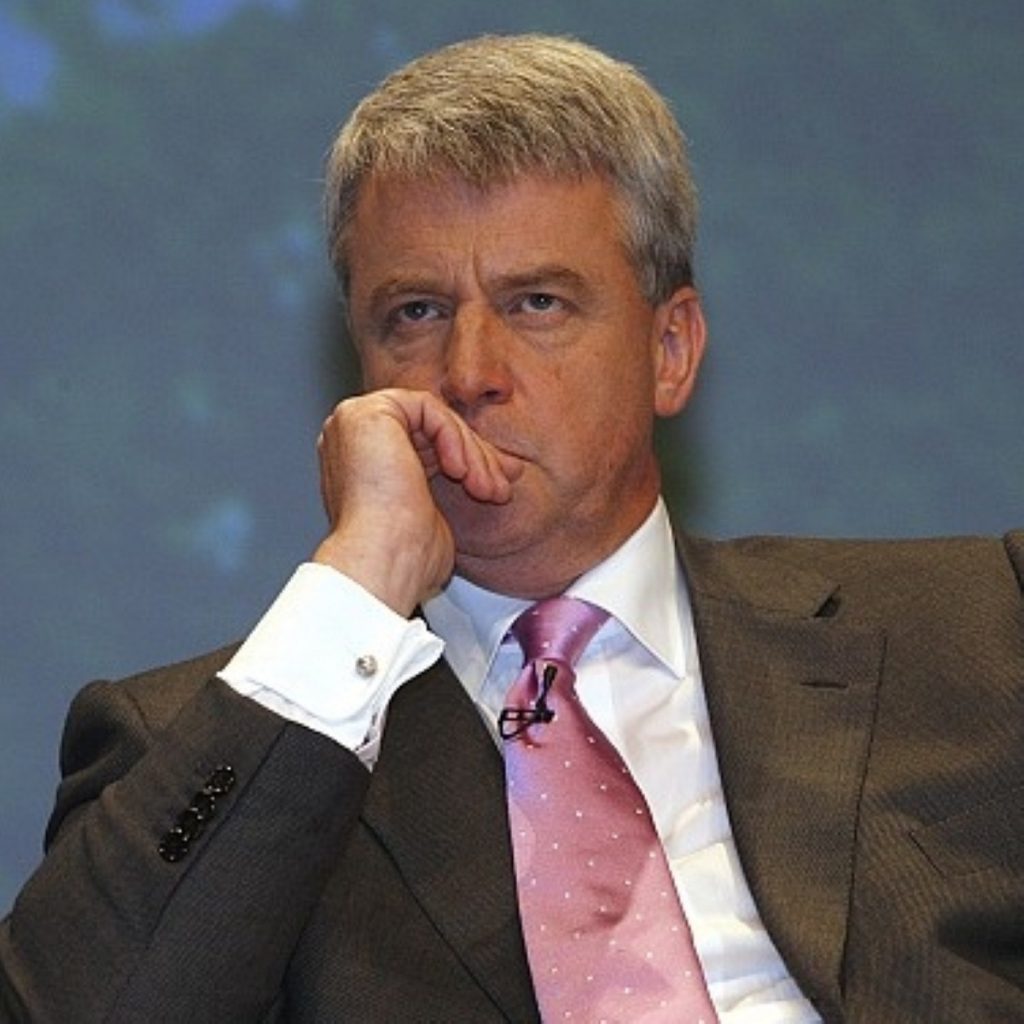Analysis: ‘Death tax’ and the perils of spin
The Conservatives, as David Cameron knows too well, are like any other modern political party. The 24-hour news cycle often serves as an advantage. But it can quickly become a curse.
“We understand the pressure of the impatient 24-hour media and we will always fight our corner,” the Tory leader told attentive students from the University of East London yesterday. “But I know that surrendering to its time horizon is the end of trying to achieve anything meaningful.”
Shadow health secretary Andrew Lansley, while seeking to fight his corner, has tripped over the ring-ropes.


Barely a day has passed since Gordon Brown repeated the commitments of his conference speech in an address to the King’s Fund.
The prime minister’s utterances seemed destined to wind the Tories up.
“I make no apology for saying that the central aim of reform should be to enable many more people to be cared for longer in their own homes,” he said.
“We have already set out our first care guarantee – that those with the highest needs will be supported in their homes, avoiding charges and fees, regardless of their means, benefiting from additional services to ensure they have the choice to avoid residential care if they want.”
The personal care at home bill, currently in the Lords, is likely to set this in stone by October. From the autumn charges and fees will be removed from 280,000 people with the highest needs.
The Conservatives, sensing their policy on this issue is a vote-loser, have been desperately seeking a way to get their point of view across. This morning one emerged from the pages of the Guardian, which – as Mr Lansley noted – is “not a Tory stooge”. Its story suggested the Cabinet was considering imposing a £20,000 inheritance tax on all those who pass away.
At lunchtime the Tories announced their plans to hold a press conference on the issue. Then, or thereabouts, health secretary Andy Burnham firmly denied the central thrust of the Guardian story.
“The Guardian’s story suggests a £20,000 flat levy and I am not currently considering that as a lead option for reform,” he said.
“That figure was used in the green paper last year, but I do not believe a flat levy of that kind would be the right way to go. So I can say to you very categorically today that is not what we are considering.”
By mid-afternoon Mr Lansley was striding into the press conference room at Tory party headquarters in Millbank.
He is clearly a man up with the times, for the references to Mr Brown’s speech – of only yesterday – were clear for all to see.
When asked why he was so concerned about what he called “Gordon Brown’s death tax”, he responded: “We know, as the Guardian story said this morning… [the government is considering introducing the tax]. One in three elderly people do need care, but two in three don’t. They would all have to pay Labour’s death tax.”
An alternative angle was pushed forward – that the government had to “come clean with the public” and make clear how the new national care service would be funded.
But this was only a flimsy covering over the scare tactics so keenly seized on by the opposition.
“Behind closed doors ministers are secretly planning a death tax of up to £20,000 per head which would be levied on the estates of grieving families,” Mr Lansley said. Chilling words, certainly, but also thoroughly out of date.









